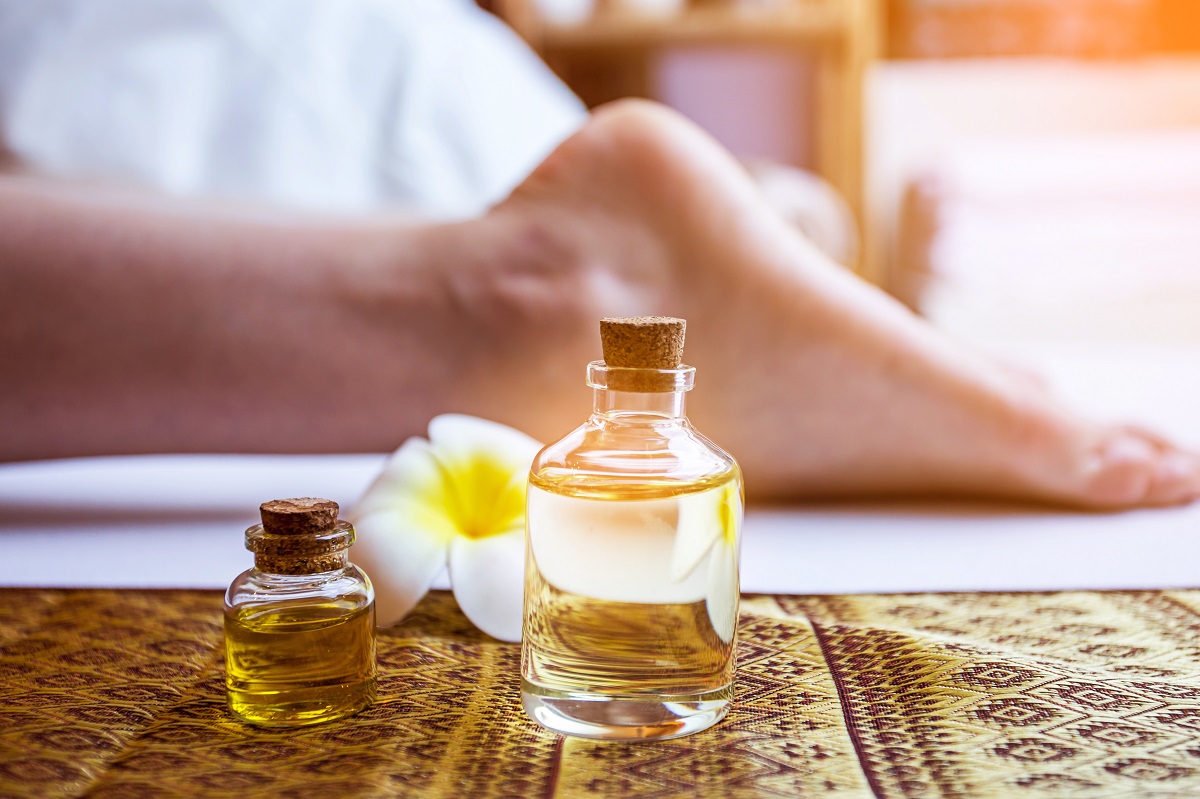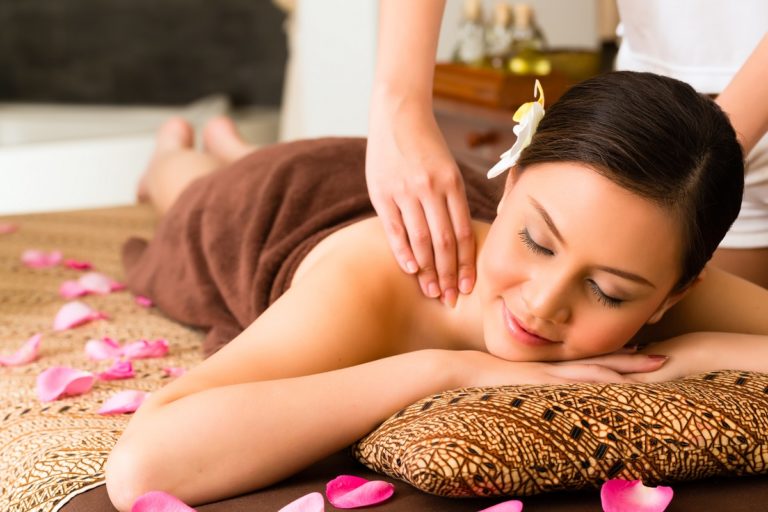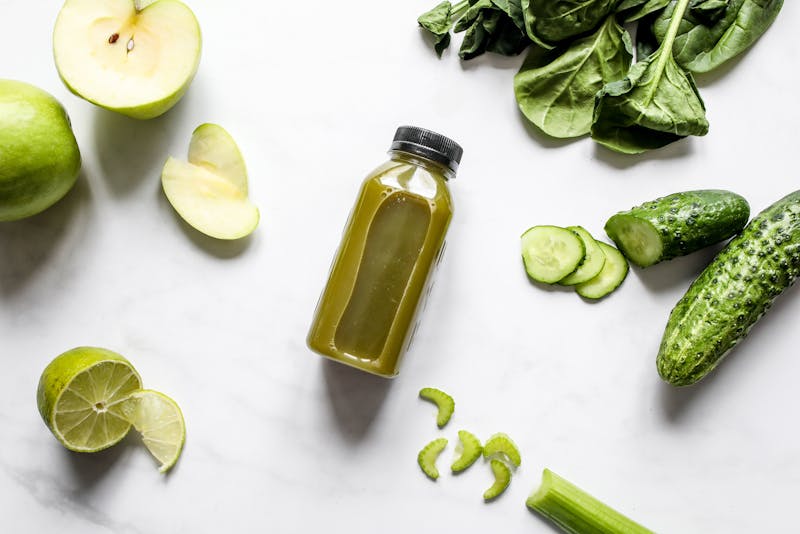There are numerous supposed benefits to using aromatherapy. From better sleep to pain relief, all you have to do is either smell or apply a plant-derived essential oil to feel better.
You can easily find aromatherapy in American Fork, Utah and across the United States. However, how effective are they really? What does science say about its therapeutic claims? Moreover, will you gain anything good from using it?
Aromatherapy is not New
In the United States, aromatherapy is more often associated with spa treatments. However, it has been around and been in use for thousands of years.
The Persians were said to be distilling essential oils as early as the 10th century. People in ancient China, India, and Egypt have also incorporated aromatic plant components in resins, balms, and oils for both medical and religious purposes.
In fact, even today, some doctors in Europe prescribe the use of aromatherapy to their patients as part of treatment.
The Benefits of Aromatherapy
Aromatherapy is the use of plant extracts to promote physical, mental, emotional, and spiritual well-being. It affects the body and the mind.
Studies that investigate the supposed benefits of aromatherapy to one’s health is limited. However, a few research found that aromatherapy can alleviate pain for people who have osteoarthritis of the knee and kidney stones. Other studies have proven that it can provide relief from headaches and migraines.
Claims that aromatherapy treats heart diseases, cancer, Alzheimer’s, and Parkinson’s have little to no scientific evidence. Therefore, it should not be used as an alternative to medical treatment. If you are experiencing symptoms, it is best that you go to the hospital and seek advice from your doctor.
Aromatherapy, on the other hand, seems to have a positive impact on one’s mental well-being. Several studies have shown that aromatherapy lessens stress and anxiety. It has also helped those who have been having difficulties sleeping. Those who have chronic health conditions reported that the regular use of aromatherapy has given them a better quality of life.

How to Use
There are dozens of essential oils available in the market today and each claims to target a specific issue or condition. Some of the most popular are lavender, chamomile, peppermint, clary sage, eucalyptus, lemongrass, tea tree, rosemary, and ylang ylang.
Most use essential oils with diffusers or as aromatic spritzers. Others spread or rub it onto their skin. Essential oils can also be infused into bath salts, body creams or lotions, facial steamers, hot and cold compresses, and face masks.
The Side Effects of Aromatherapy
There are also dangers to using aromatherapy. Simply because it is natural does not mean it is completely safe for everybody. In some cases, aromatherapy may cause rashes and skin irritation when applied topically. If inhaled, it may lead to nausea, headaches, and asthma attacks to some people.
It is best to patch test an essential oil before applying it directly on the skin to see if you will have any adverse reaction to it. Use a carrier oil to dilute your essential oil.
Aromatherapy is currently not being regulated by the U.S. Food and Drug Administration, so make sure that you are getting your essential oil from a trusted source. It is not an elixir that can cure ailments either. Although it has some benefits that are backed by science, it still should not replace medical treatment that is recommended by your doctor.





